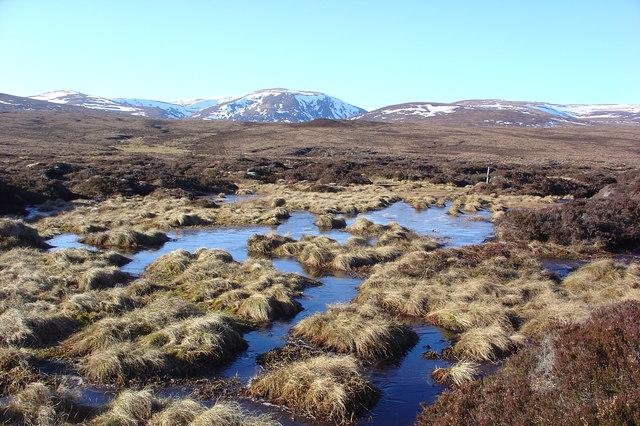April 16 (UPI) -- New research suggests periods of global warming during the last ice age encouraged the formation of peatlands.
Researchers began by designing a computer model to simulate local climate patterns during the last 26,000 years. The last ice age reached its glacial maximum between 26,000 and 22,000 years ago, after which glaciers began to retreat.
Scientists also created a timeline of peatland formation using radiocarbon dating peat samples collected in North America, northern Europe and Patagonia. When they compared their timeline with their model's simulations, they found higher local summer temperatures, not increased rainfall, accurately predicted peatland formation.
"This work helps explain the genesis of one of the world's most important ecosystem types and its potentially fragile carbon store," Paul Morris, a lecturer in ecohydrology at the University of Leeds, said in a news release. "It is important that we strengthen our knowledge about the causes of peat initiation, particularly given the concern about future climates, and the important role that peatlands play in combating climate change."
Peatlands form over thousands of years as plant debris accumulates, but -- as a result of wet, acidic conditions -- fails to breakdown. This lack of decomposition prevents carbon from being released back into the atmosphere. Peatland soils account for a large amount of the world's carbon reserves, but they're thought to be sensitive to climate change.
Better understanding the peatlands formation process will help scientists better predict how they will be impacted by rising temperatures.
Morris and his colleagues published their investigation of peatlands this week in the journal PNAS.
"Our findings shed light on the genesis and Holocene climate space of one of the world's most carbon-dense ecosystem types, with implications for understanding trajectories of ecological change under changing future climates," researchers wrote in their paper.















